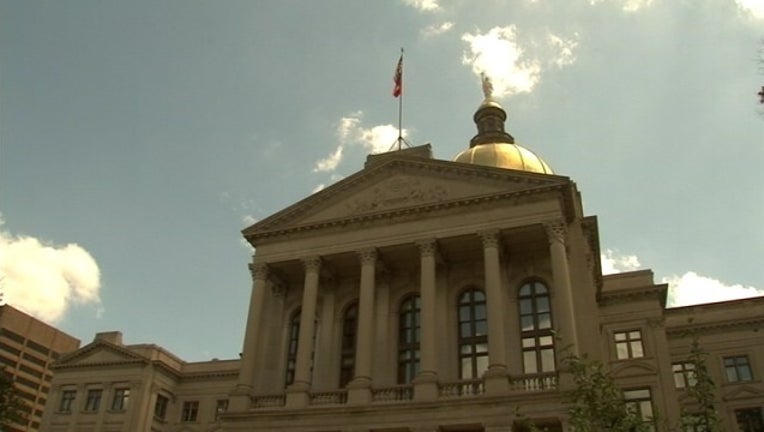Governor to sign hospital tax for Medicaid passed by House

ATLANTA (AP) - Georgia hospitals will continue paying a tax that helps draw down $600 million in matching federal support for the Medicaid budget under a bill sent to Gov. Nathan Deal on Friday.
Deal said he'll sign the measure on Tuesday and applauded its passage in a statement following the House vote. The tax, called a provider fee by the state, is due to expire June 30 but the legislature backed an extension until 2020.
"Because of the courage of the General Assembly, Georgia now has $900 million dollars available to us for the Medicaid program," Deal said in the statement. "Further, because of their leadership and quick action on this matter, we will not have to take away resources from other portions of the budget."
The fees, adopted in 2010, are based on a percentage of Georgia hospitals' net patient revenue. The tax is expected to yield more than $300 million from hospitals and allow the state to draw about $600 million in matching federal support for treating low-income residents.
Hospitals that see high numbers of low-income patients get the money back through a higher payment rate from Medicaid. But not all hospitals are made whole or gain financially in the arrangement. Nevertheless, hospital organizations in Georgia supported the extension.
"While this action will not eliminate the many challenges providers still face, it will go a long way toward preventing additional closures and reductions in service," said Monty Veazey, president of the Georgia Alliance of Community Hospitals.
The bill cruised through the Senate earlier this month and the House on Friday, the 16th working day of the 40-day session.
House and Senate members largely avoided the tricky politics that dominated an extension debate in 2013 when a national group led by Grover Norquist equated an extension of the so-called "bed tax" to a tax hike. That worried Republican legislators who feared the political implications but didn't want to lose the funding crucial to hospitals that treat Medicaid patients.
Deal gave lawmakers cover four years ago by backing legislation that extended the tax but also charged a state board that sets health-care policy with establishing the specific amounts hospitals must pay.
Conservative Republicans did criticize the three-year commitment of this year's extension amid speculation that President Donald Trump and the GOP-controlled Congress may make significant changes to the federal Medicaid program.
Supporters, though, pointed to state law requiring the state board that sets health-care policy to stop collecting taxes from hospitals if matching federal money disappears. The legislature also can override the board's decisions on the payments.
Rep. Scot Turner, a Holly Springs Republican, said he'd be able to support a shorter extension but voted 'no' on three years.
"When this program was created in that time of dire emergency for our hospitals it was promised that we would eventually end it," Turner said.

